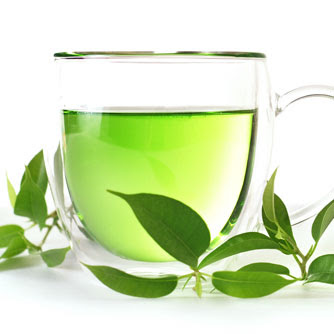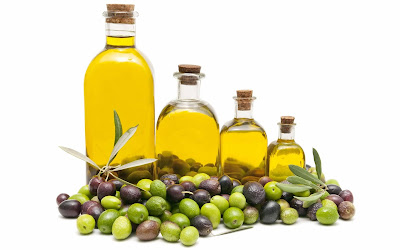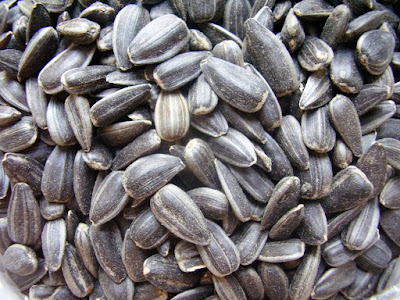You may obtain medicine from physicians, but a healthy diet is the most prescribed treatment. A healthy diet will do miracles for the body, and the treatment of diseases is one of the miracles. A fatty liver diet includes food that we usually use in our daily life. Your body gets the best food and drinks with a healthy diet to keep it going efficiently.
Alcohol-induced and nonalcoholic fatty liver disease are the two main types of fatty liver disease. Among those that are obese or sedentary and those who consume a heavily refined diet, nonalcoholic fatty liver disease is more often diagnosed.
A diet is one of the primary methods of treating fatty liver disease. The liver helps to eliminate toxins from the healthy body and produces the digestive enzyme, bile. Fatty liver syndrome affects the liver, stopping it from functioning efficiently.
Fatty liver disease requires a healthy diet, without alcohol intake and excessive consumption. So let’s look at some of the foods that you need to consume if you have a fatty liver disorder.
- Avocados

Avocados Avocados are high in healthy fats and help reduce the growth of harmful fats on the surface of the liver. The liver damage is, therefore, slowed down. 100 g Avocado is abundant in vitamin B and K with a high amount of vitamin C, vitamin E, and potassium.
They are therefore low in the glycemic index, meaning that toxins that cause organ damage are eliminated from the liver. Also, high fiber stimulates metabolism, which leads to healthy weight loss.
- Fish

Fish Omega 3 is a crucial ingredient for improving the liver condition which is found in fishes such as salmon, tuna, and sardines. It helps to break down cellular accumulated fat and decreases inflammation in the liver.
85g of tuna contains 0.21g – 1.1g, and salmon contain 1.1g – 1.9g of omega 3 fatty acids. If you don’t get enough omega-3 from fish or seafood, it’s a safe idea to take supplements with a doctor’s advice.
- Green tea

Green tea Green Tea, particularly for losing weight, is a popular herbal tea. Green tea can help your body absorb fat every day and also reduce fat accumulation in your liver. A slight association between the daily intake of green tea and a 5 percent lower risk of death from cardiovascular disease was found in observational studies.
100 grams of green tea provides 4 kilo Joule energy, 0g fat, 0.2g protein of daily requirement. It is rich in antioxidants that help the liver work and protect it against harmful toxins.
- Garlic

Garlic Studies have revealed that garlic helps your body produce and release enzymes that flush the liver toxins. 100-grams of raw garlic can provide 623-kilojoule energy of daily requirements. It is also rich in vitamin B6, vitamin C, protein, and carbs.
Liver cleansing often entails the accumulation of unhealthy fats and it often enhances the functions of antioxidants in the body since garlic has many natural compounds.
- Tofu

Tofu Tofu is also known as bean curd. Tofu’s soy protein helps minimize the total accumulation of fat in the body. In plain words, it paves the way for the fat to be absorbed instead of processed.
It is rich in iron and, depending on the coagulants (e.g. calcium chloride, calcium sulphate, magnesium sulphate) used in the production process, can have a rich calcium or magnesium content. It relieves the organ from the pressure and contributes to reducing liver cell damage.
- Grapefruit

Grapefruit Grapefruits are juicy, tasty, and help restore the damage to the liver caused by a fatty liver. Crude grapefruit contains 90% water, 8% carbohydrates, 1% protein, and almost no fat.
100 g raw grapefruit is a source of 33 kilocalories and 40% Daily Value requirement of vitamin C. The high level of vitamin C and antioxidants allows the body to flush out all the contaminants, thereby protecting the cells and restoring liver harm.
- Olive oil

Olive oil Both antioxidants and omega-3 fatty acids are high in olive oil. Liquid fat derived from olives is olive oil. It is the most prevalent oil for vegetables. One research found that when compared with emollient cream, olive oil decreased the risk of dermatitis for infants in all gestational stages.
Omega-3 is essential for improving the liver function, as we said previously. It decreases the quantity of fat stored in the body because of its healthy properties and prevents additional damage.
- Coffee

Coffee With fatty liver disease, adding coffee to your diet is very helpful. The properties of coffee lead to removing enzymes that damage the cells of the liver. A 1999 study found that gastrointestinal reflux can be promoted by coffee.
In particular, coffee is helpful for those suffering from alcoholic liver disease. It might be good to have two cups a day, but it isn’t a remedy. In general, drinking coffee is healthy at average levels of consumption and is more likely to improve health.
- Walnuts

Walnuts Walnuts help improve the liver. They are rich in omega-3 fatty acids, which help improve liver fat levels. It can raise “good” HDL cholesterol levels and reduce blood pressure levels in people with high blood pressure.
Required intake of omega-3 fatty acids is 1.6 and 1.1 grams per day for men and women respectively, and 28 grams walnuts contain about 2.5 grams omega-3 fatty acids.
- Sunflower seeds

Sunflower seeds Sunflower seeds contain high levels of vitamin E, which can protect your liver from further damage. These seeds are rich in good fats, and various vitamins and minerals, which also can help reduce the risk of other common health issues such as heart disease and type 2 diabetes.
